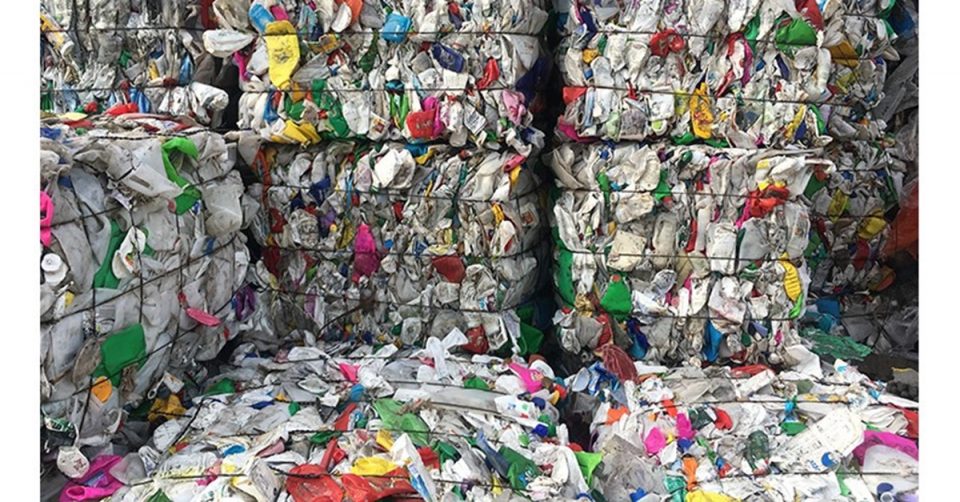California Governor Gavin Newsom has signed Senate Bill 54, which creates several amendments to the state’s Integrated Waste Management Act of 1989 and is designed to address plastic litter issues and low recycling rates in the Golden State.
The text of SB 54 sets reporting requirements for transfer station and “disposal facility” operators to provide “periodic information to the [state] on the types and quantities of materials that are disposed of, sold, or transferred to other recycling or composting facilities or specified entities.”
Trade associations such as the National Waste & Recycling Association and the Institute of Scrap Recycling Industries (ISRI) will likely seek clarification on the reporting requirements and how they affect operators of transfer stations, material recovery facilities (MRFs) and other locations where discarded materials are handled in the recycling chain.
The bill also states, “The California Integrated Waste Management Act of 1989 regulates the disposal, management, and recycling of, among other solid waste, plastic packaging containers and single-use foodware accessories.”
At least one advocacy group sees this as the death knell for plastic in several applications in the state. Washington-based Oceana calls the measure “the strongest plastic source reduction policy in the nation” and “the first state law to mandate source reduction of all single-use plastic packaging and foodware, from detergent bottles and bubble wrap to cups and utensils.”
According to Oceana, the law requires packaging producers and product makers to “slash their single-use plastic packaging and foodware by at least 25 percent by 2032 and implement the first reuse and refill mandates in the nation.”
“Oceana commends the state legislature and the governor for realizing the urgency of the plastic pollution crisis and taking strong action to protect California’s coast and communities. California’s effort to aggressively tackle plastic pollution at the source and require companies to shift from throwaway plastic to reusable and refillable alternatives sends a strong signal to the nation, and the world,” says Christy Leavitt, Oceana’s plastics campaign director.
The Washington-based American Chemistry Council (ACC) tells Recycling Today it has concerns about the future of chemical recycling investments and other unintended consequences should the bill become law.
“As an industry, we are concerned with several elements of SB 54 that require further clarification and specificity to improve its implementation,” says ACC vice president of plastics Joshua Baca. “Specifically, the definition of recycling needs to be improved and made clearer so new, innovative technologies that keep hard to recycle plastic out of the environment and landfills count in achieving the circularity goals in the legislation. Without new, innovative recycling technologies, it will not be possible to meet the demand for recycled plastic in food-grade applications.”
Adds Baca, “As global brands and industries commit to using more recycled material in their products, the legislation places an 8 percent cap on post-consumer recycled content to meet the requirements in the legislation. We believe future legislation or regulations should incentivize the use of more post-consumer recycled content in plastic packaging and take into consideration the climate impact of switching to materials with a higher carbon footprint.”
Oceana stresses the pollution control aspects of the legislation, with Tara Brock, Oceana’s Pacific counsel, commenting, “Single-use plastic foodware and food packaging products are consistently among six of the top 10 types of items most commonly picked up during annual beach cleanups across California. Voters are concerned and want change.”


